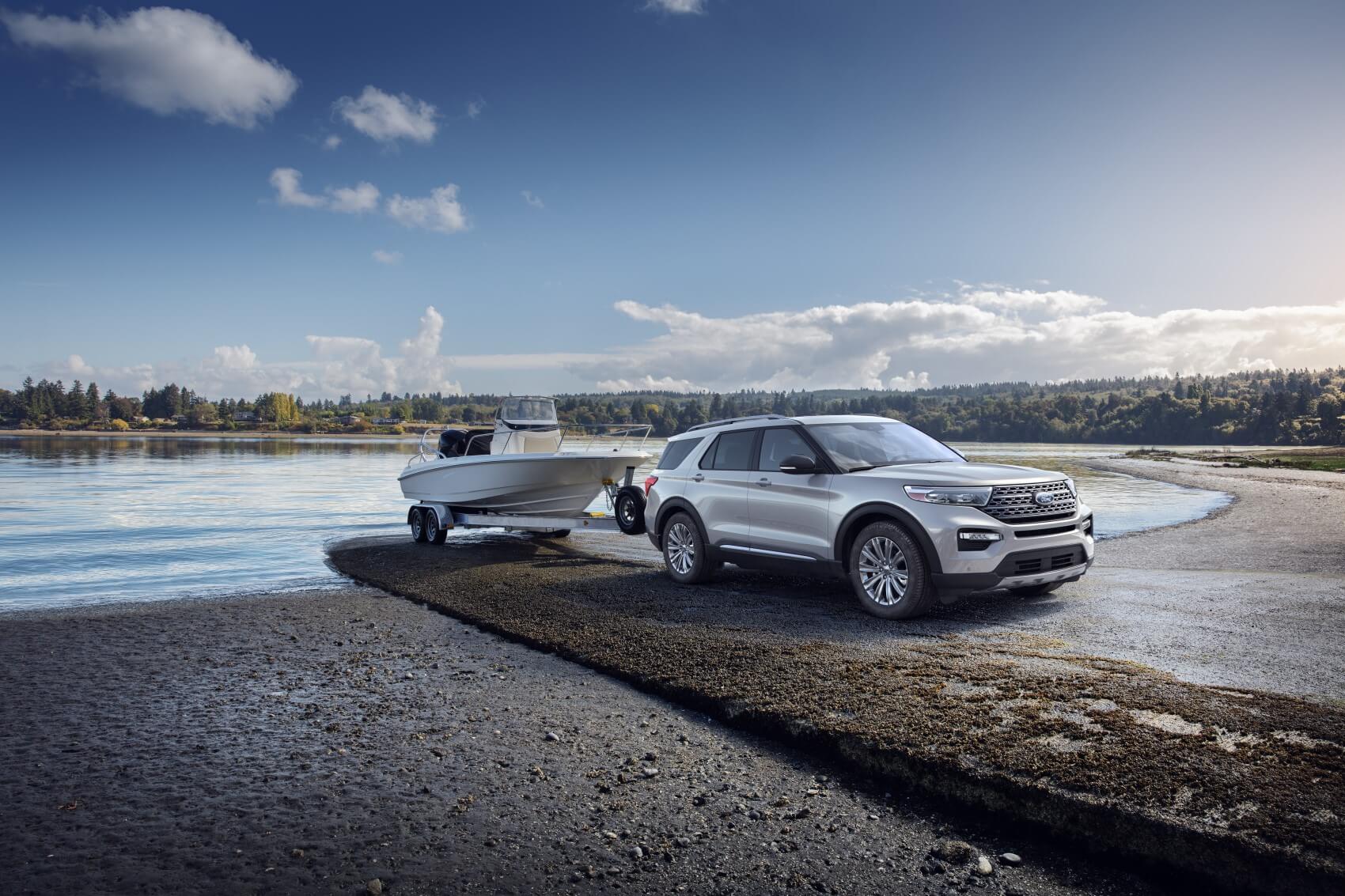Hybrid vs Electric Vehicles


In the rapidly evolving automotive landscape, the choice between hybrid and electric vehicles has become a pivotal decision for drivers who regularly make their way from Point A to Point B on the roads around Cody, Worland, and Thermopolis, Wyoming. As environmental concerns continue to gain prominence, folks are increasingly seeking alternatives to traditional gasoline-powered cars.
Accordingly, Fremont Ford Cody is here to help you navigate the intricate world of automotive technology by putting together the following hybrid vs. electric vehicles comparison to explore the differences between the two. Let’s get started.
Hybrid vehicles and electric vehicles (EVs) share the common goal of reducing emissions and reliance on fossil fuels, but their underlying technologies differ significantly. Hybrid cars combine an internal combustion engine with an electric motor, utilizing both power sources to improve fuel efficiency. On the other hand, electric vehicles rely solely on electric power, stored in batteries that power an electric motor.
Hybrid vehicles operate seamlessly by automatically switching between the gasoline engine and the electric motor, depending on driving conditions. This allows for improved fuel efficiency, especially in stop-and-go traffic. In contrast, electric vehicles run solely on electricity, offering zero tailpipe emissions and lower overall maintenance costs due to fewer moving parts in the electric motor.


Hybrid vehicles present a compelling option for drivers who desire the benefits of electrification without the concern about range that might be associated with fully electric vehicles. The combination of an internal combustion engine and an electric motor allows hybrid cars to deliver better fuel efficiency, making them an ideal choice for those who do a lot of driving.
One of the key advantages of hybrid vehicles is their ability to switch seamlessly between the gasoline engine and electric motor. This not only enhances fuel efficiency but also provides drivers with the flexibility to cover longer distances without the need for frequent charging stops. Additionally, hybrid cars often have a smaller carbon footprint compared to traditional vehicles, contributing to environmental sustainability.
Electric vehicles have gained popularity as technology advances, offering an eco-friendly alternative for drivers looking to reduce their carbon footprint significantly. EVs are equipped with large batteries that store electricity, providing a range that varies depending on the model. The primary consideration for potential electric vehicle owners is the availability of charging infrastructure and their driving habits.
For daily commuting and short-distance travel, electric vehicles can be an excellent choice, offering the convenience of home charging. The expanding network of public charging stations also alleviates concerns about long-distance travel. EV owners benefit from lower operating costs, as electricity is generally cheaper than gasoline, and the simplified electric drivetrain results in fewer maintenance requirements.

As the automotive industry continues to innovate, the choice between hybrid and electric vehicles depends on individual preferences, driving habits, and environmental consciousness. Fremont Ford Cody is committed to helping you find the perfect vehicle that aligns with your needs. Whether you're considering the fuel efficiency of a hybrid or the zero-emission capabilities of an electric vehicle, our dealership offers a wide range of options.
If you’re in Cody, Worland, or Thermopolis, WY, stop by today for a test drive of hybrid as well as electric vehicles.

